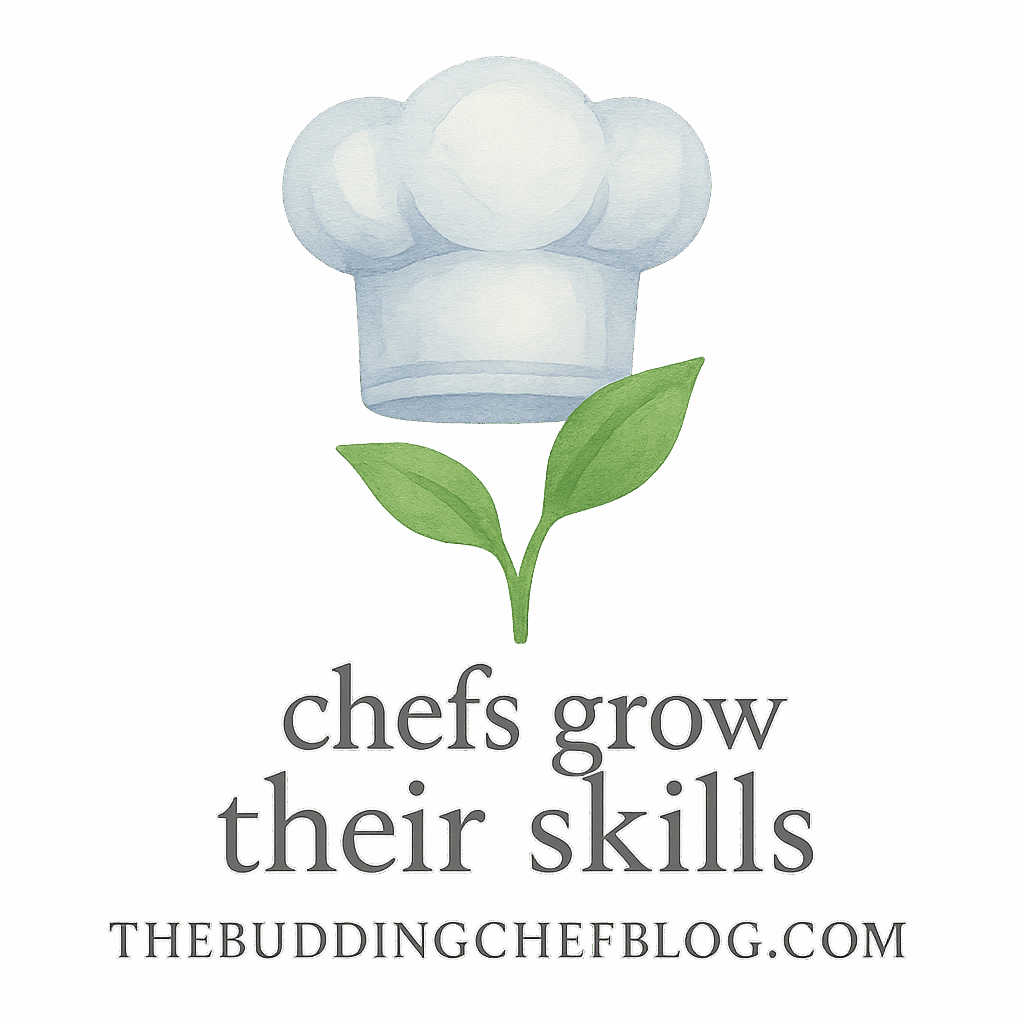If you’re new to the baking world and you’re not sure what essentials to have on hand, don’t worry—you’re not alone. We’ve all stared at an empty pantry with a craving for cookies and no idea where to start. Whether you’re baking cupcakes or banana bread, having a well-stocked kitchen is the first step to becoming confident in the kitchen. So let’s dive into the 10 baking ingredients beginner chefs should stock up on—and why!
Bonus: We’ve added some helpful internal links to help you level up your baking journey.
Why Stocking Up on Baking Ingredients Matters
Think of baking like building a house. Without the right foundation—your basic ingredients—you can’t create a masterpiece. For beginner chefs, having these baking staples not only saves time but also sets you up for success. You’ll be ready to whip up a batch of cookies or a loaf of banana bread without a last-minute store run.
For more tips on pantry organization, check out our budget-friendly kitchen planning strategies.
1. All-Purpose Flour
Why It’s Essential
All-purpose flour is the backbone of most baking recipes. It gives structure to cakes, cookies, muffins, and bread.
You’ll find it used in almost every recipe on our recipe practice section because it’s that versatile.
Tips for Storing Flour
Keep it in an airtight container in a cool, dry place. If you live in a humid area, consider storing it in the fridge or freezer.
2. Granulated Sugar
Versatility in Baking
This is your go-to sweetener. It helps with browning, moisture retention, and flavor in most baked goods.
You’ll notice sugar listed in nearly every recipe under the ingredient knowledge section—it’s a must-have.
Storage & Substitutes
Store it in a sealed container. Want to experiment? Try brown sugar or coconut sugar once you’re comfortable.
3. Baking Powder
What It Does in Recipes
Baking powder helps your baked goods rise and become fluffy. It’s a leavening agent, and every beginner baker needs it.
Learn more in our guide on basic cooking techniques.
How to Test Freshness
Drop a bit in warm water—if it fizzes, it’s still active!

4. Baking Soda
When and Why to Use It
Similar to baking powder but stronger and usually paired with acidic ingredients like yogurt or lemon juice.
Don’t Confuse with Baking Powder
Yes, they both help your baked goods rise, but they’re not interchangeable. We explain more in our common cooking mistakes article.
5. Eggs
Eggs as a Binding Agent
Eggs help bind ingredients, add moisture, and even act as a leavening agent. Whether you’re making cookies or custards, eggs are essential.
Storing Eggs Safely
Store them in the fridge and always crack them into a separate bowl before mixing—just in case!
6. Unsalted Butter
Control Your Salt
Why unsalted? It gives you control over the flavor of your final product. Salted butter can throw off your recipe’s balance.
Read more about butter and other kitchen tools and equipment in our blog.
Softening Tips
Leave it out at room temp for about 30 minutes or microwave in 5-second bursts (but be careful!).
7. Vanilla Extract
Pure vs Imitation
Pure vanilla has better flavor, but imitation works in a pinch for beginner bakers.
When to Add Vanilla
Usually added during the creaming process to blend well with fats and sugars.
8. Milk (or Non-Dairy Alternative)
Role in Moisture & Texture
Milk adds moisture, helps with browning, and adds a bit of protein to your bakes.
Non-Dairy Swaps for Beginners
Oat, almond, or soy milk can all work. Our ingredient tips cover more about smart substitutions.
9. Salt
Enhancing Flavors in Baking
A pinch of salt can make chocolate taste chocolatier and sugar taste sweeter.
Best Types of Salt to Use
Fine sea salt or table salt works best in baking for even distribution.
Learn how to avoid seasoning mistakes by visiting our cooking skills improvement section.
10. Chocolate Chips
More Than Just Cookies
Great for muffins, pancakes, brownies, and even snack bars!
Check out beginner-friendly chocolate recipes that use this staple.
Storing for Long-Term Use
Keep them in a cool, dry place—heat makes them melt and clump together.
Bonus Tips for Beginner Chefs
Organize Your Pantry Like a Pro
Label your containers, keep like with like, and store items you use frequently at eye level.
For more beginner-friendly strategies, explore our beginner chef essentials.
Budget-Friendly Baking Essentials
Check out our guides on affordable cooking gear and cost-saving ingredients to help you build a stocked kitchen without breaking the bank.
Conclusion
Stocking up on the right baking ingredients isn’t just about convenience—it’s about confidence. With these 10 essential items in your pantry, you’ll be ready to tackle any recipe that comes your way. Remember, baking is part science, part art, and a whole lot of fun.
Whether you’re navigating your first muffin recipe or perfecting chocolate chip cookies, having the basics ready will turn your kitchen into a playground. For more tips, recipes, and insights, keep exploring The Budding Chef Blog and take your baking journey to the next level.
FAQs
1. Can I bake without baking powder?
Yes, you can use baking soda with an acid like vinegar or yogurt, but results may vary.
2. Is all-purpose flour good for all baking recipes?
Mostly yes, but specific recipes like bread or cake might benefit from bread or cake flour.
3. Can I substitute honey for sugar in baking?
Yes, but you’ll need to adjust liquid ratios—check out our ingredient knowledge page for tips.
4. What’s the best butter for baking cookies?
Unsalted butter gives you better control of flavor. Learn more in our kitchen tools section.
5. Should eggs be room temperature for baking?
Yes! Room temp eggs mix better and help create fluffier results.
6. How do I know if my baking soda is still good?
Mix with vinegar—if it fizzes, it’s good to go.
7. Where can I find beginner baking recipes?
Check out our recipe practice section designed just for beginner chefs.


